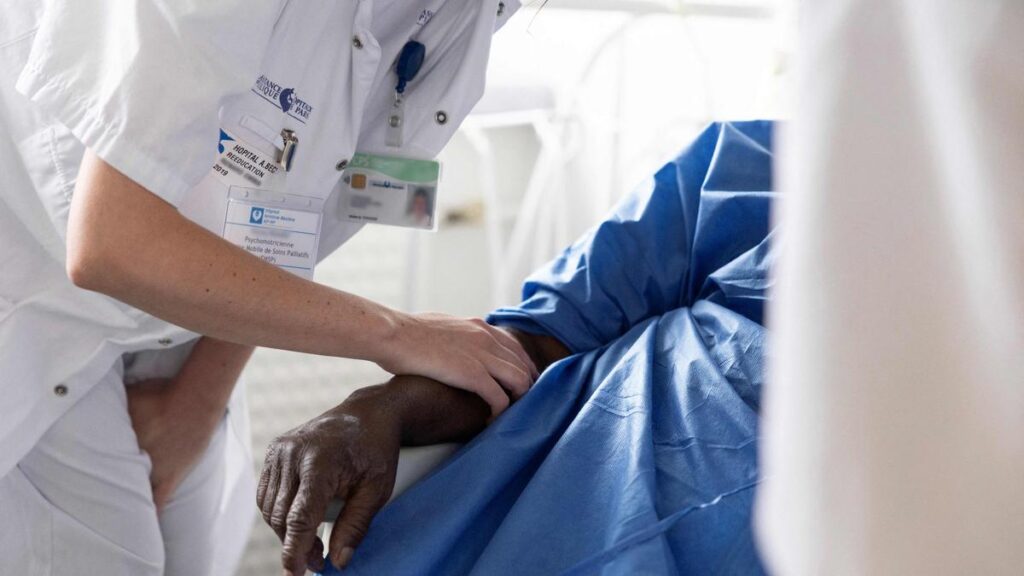970x125
When we hear of advances in the treatment of cancers of the gastrointestinal (GI) tract such as oesophagus, stomach, colorectum, liver, or pancreas, our focus often turns to new drugs or high-tech surgeries.
970x125
Yet beneath the surface, a silent revolution is taking place to quietly transform patient outcomes in the form of the Multidisciplinary Team (MDT).
Although MDTs are part of standard cancer care, evidence on how these teams translate to clinical benefits, patient empowerment, emotional resilience and decision-making for GI cancer, is still fragmented.
Patient centric approach
Traditionally, cancer care revolved around a single specialist – often the surgeon or oncologist – and patients were passive recipients of treatment plans. But MDTs bring together diverse experts such as medical oncologists, surgeons, radiologists, pathologists, dieticians, palliative care specialists, psychologists and nurses, to work together. This coordinated approach yields seamless communication and a 360-degree view of each case, resulting not only in better survival but more importantly, tailored care plans unique to each patient’s biology, lifestyle, and wishes.
For GI cancers that have an aggressive course, complex symptoms, and nutritional consequences, a personalised approach with the involvement of an MDT will mean integration of intervention at an earlier stage through symptom control and nutritional input, both of which are often ignored, despite being important aspects of care as they relate to quality of life. For instance, when dieticians are brought on board early, patients with pancreatic or oesophageal cancer – who often have problems with swallowing or digestion – receive personalised nutrition plans that help them tolerate treatments and heal better.
Getting diagnosed with any form of GI cancer can be daunting. The MDTs include counsellors and nursing navigators who provide emotional support and help direct patients through complex treatment decisions.
This approach enables patients to be active participants in the decision-making process. This can increase a patient’s confidence and improve their well-being, something seldom mentioned during discussions on cancer staging and therapy.
Integrated care across specialities
Patients with rare tumours also benefit from MDTs. Discussions with pathologists help with the in-depth analysis required in such cases. Incorporating best practice guidelines in the treating team instills further confidence in patients who are already emotionally strained by a cancer diagnosis.
In the past, the operating surgeon was primarily responsible for planning and performing gastrointestinal (GI) cancer surgery, bringing in other specialists only when necessary. Although this method might work, it frequently resulted in decisions being made from a single viewpoint, occasionally ignoring the larger clinical picture.
By incorporating surgical oncologists, medical oncologists, radiation oncologists, gastroenterologists, radiologists, pathologists, dietitians, and psycho-oncology specialists from the outset, the contemporary multidisciplinary team (MDT) approach alters this.
Comprehensive evaluation, precise staging, individualised treatment sequencing, and organised rehabilitation planning are all guaranteed by this collaborative model. In addition to increasing survival rates and decreasing needless interventions, the MDT approach increases patient trust because people feel more at ease knowing that several professionals are working together to discuss and direct their care.
It improves the patient experience in general by offering clear, consistent communication, coordinated appointments, and a sense of being truly cared for at every stage of the cancer journey.

Call for more inclusive models
GI cancers are over represented in older adults and in medically underserved populations in India, often in places that have fragmented healthcare systems. The MDTs act as an organisational conduit, preventing patients from falling through the cracks, being able to access clinical trials where possible, offering support and care, and providing systemic follow-ups. These teams are helping to close the gaps in healthcare – one patient at a time.
Advancements in telemedicine are now facilitating “virtual MDTs” that bring rare expertise to the bedside of community hospitals and also to remotely located patients, extending the arm of MDT care beyond metropolitan and urban areas. This will help democratise access to high-quality GI cancer care around the world.
(Dr. Sushruth Shetty is consultant, surgical gastroenterology, Narayana Health City, Bangalore. sushruth.shetty.dr@narayanahealth.org)
Published – August 16, 2025 06:53 pm IST
970x125

